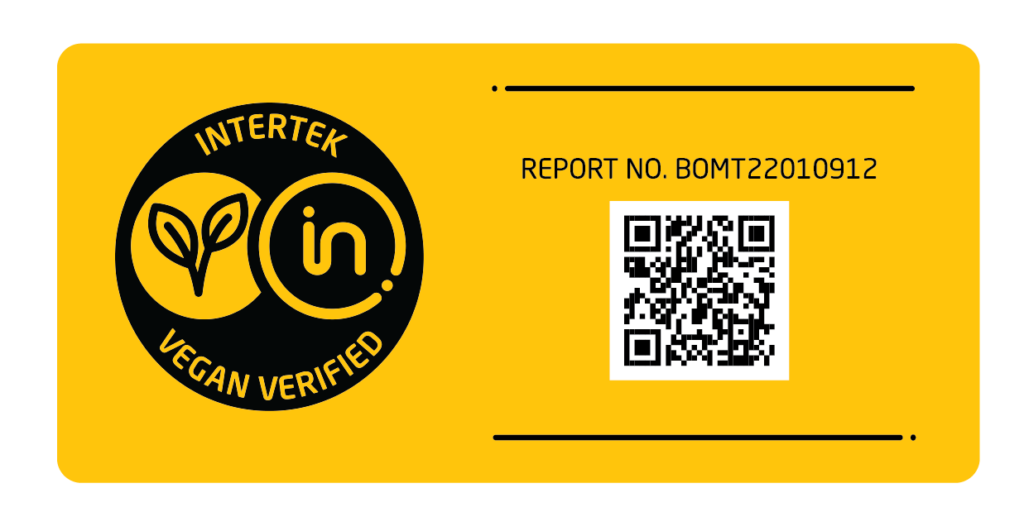In today’s world, consumers are becoming increasingly conscious of the impact their clothing choices have on both their health and the environment. Organic cotton has emerged as a popular alternative to
conventional cotton, but what exactly makes it different? This blog post will delve into the key distinctions between organic clothing and conventional clothing, explain why organic matters, and explore some additional
considerations for the eco-conscious shopper.
What’s the Difference?
Organic clothing might carry a slightly higher price tag, but there are some key reasons why it matters. It boils down to what’s better for you and the environment. Here’s a breakdown of the key differences between
organic and conventional clothing:
Chemicals:
Organic cotton is grown without synthetic fertilizers, pesticides, and herbicides. Conventional cotton
relies heavily on these chemicals, which can harm the soil, pollute waterways, and endanger wildlife.Health:
The chemicals used in conventional cotton farming can leave residues on the fabric. Organic cotton avoids these risks, making it a better choice for people with sensitive skin or allergies.
Sustainability:
Organic farming practices promote healthier soil, use less water, and encourage biodiversity. Conventional cotton farming can be very resource-intensive.
Quality:
Organic cotton is often said to be softer and more durable than conventional cotton.
Additional Things to Consider
Here are some additional things to consider:
Organic Certification:
This is like a third-party guarantee that the cotton fibers in your clothes meet specific environmental and social responsibility standards. These standards are set by organizations like:
Global Organic Textile Standard (GOTS):
This is a leading standard that ensures organic practices throughout the entire supply chain, from the cotton farms to the finished product.
OEKO-TEX® STANDARD 100 by OEKO-TEX®:
This standard focuses on testing textiles for harmful substances and has a specific level for organic cotton.
These certifications give you peace of mind that you’re getting organic cotton and align with your values.
Eco-Friendly Fabrics Beyond Organic Cotton:
While organic cotton is a great choice, there are other eco-friendly fabrics to consider that have their own environmental benefits. Here are two examples:
Hemp:
Being a fast-growing crop that requires minimal water, Hemp can be grown with fewer pesticides. It’s also naturally durable and gets softer with washing.
Linen:
Made from flax fibers, Linen is known for its breathability and strength. It requires less water than cotton and can be grown with fewer chemicals.
Conclusion
Ultimately, the decision of whether to buy organic clothing is up to you. By making informed choices about the clothes you wear, you can contribute to a healthier planet and a more sustainable future. Organic cotton is a fantastic option, but it’s just the beginning! The world of eco-friendly fabrics is ever-expanding, offering exciting possibilities like hemp. Here at Konscious Lifestyle, we believe in comfort that goes beyond just feeling good on your skin. We’re proud to offer a range of organic cotton clothing, and we’re always exploring new ways to be kind to the environment. Visit our website to check out our selection of hemp socks – a naturally breathable and durable choice for your feet




